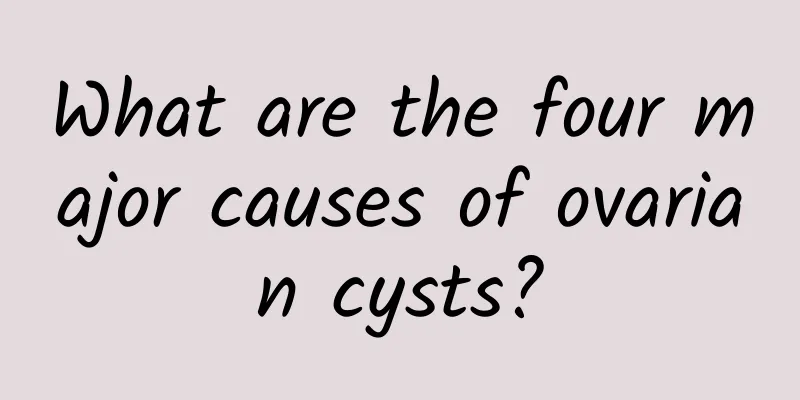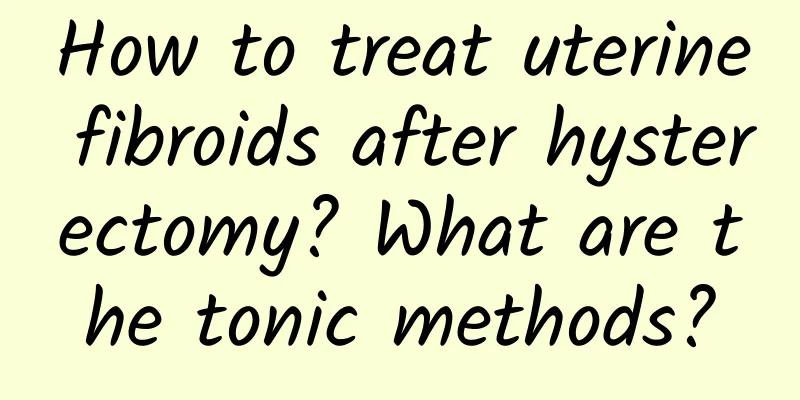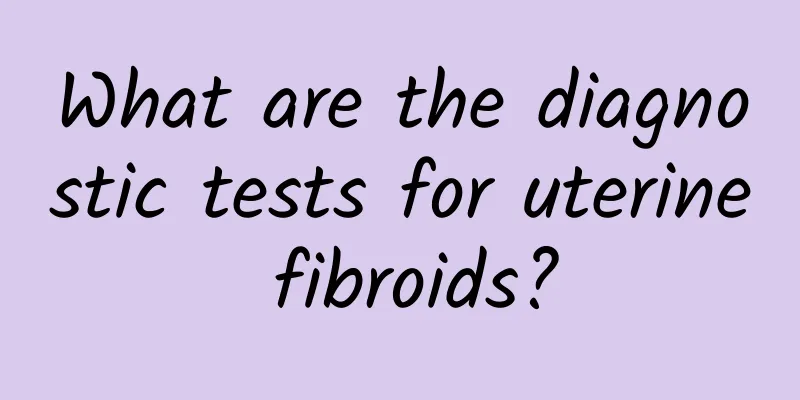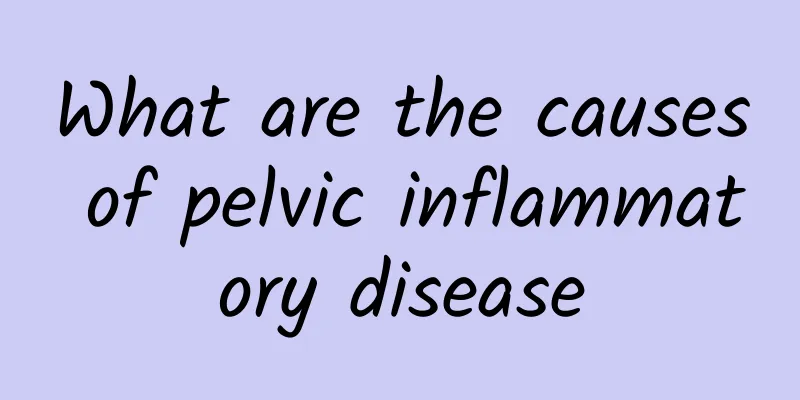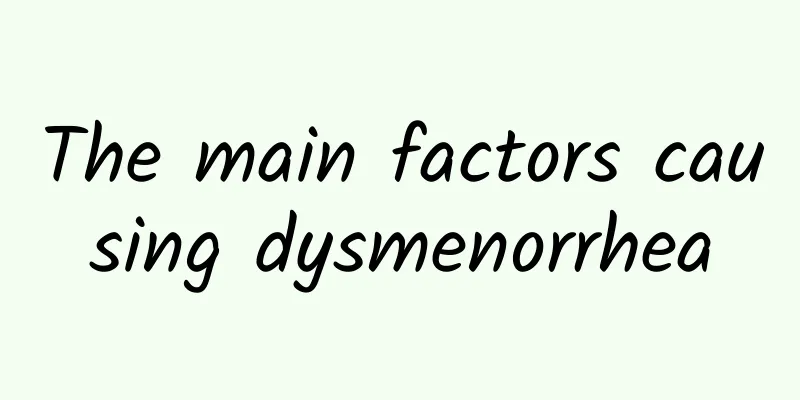Treatment of complications related to abortion

|
Artificial abortion, also known as artificial abortion, will cause certain harm to women's bodies. Complications such as artificial abortion complex reaction, uterine perforation, and intraoperative bleeding may occur during the process of artificial abortion. The relevant treatments for various complications are as follows: 1. Comprehensive reaction to artificial abortion Once this occurs, the operation should be stopped immediately and oxygen therapy should be given. Generally, the patient can recover on his own. If a slow heart rate occurs, atropine can be administered intravenously. 2. Uterine perforation Once uterine perforation occurs, the operation should be stopped immediately, oxytocin and antibacterial drugs should be given, and the patient's vital signs should be closely observed for abdominal pain, vaginal bleeding, and signs of intraperitoneal bleeding. If the patient's condition is stable and the operation has been completed, conservative treatment can be performed; if the embryonic tissue has not been completely aspirated, an experienced physician can be replaced to avoid the site of uterine perforation, or the operation can be continued under ultrasound guidance or laparoscopy; if the patient has not undergone uterine aspiration, the contents of the uterine cavity can be removed after 1 week; if the patient has increased bleeding or suspected organ damage, laparotomy should be performed in time to repair the perforation. 3. Bleeding during surgery After dilating the cervical canal, oxytocin can be injected to promote uterine contraction. At the same time, the placenta and embryo should be clamped or sucked out as quickly as possible. If the straw is too thin or the hose is too soft, it should be replaced in time. 4. Amniotic fluid embolism It may occasionally occur during forceps curettage of artificial abortion. Timely and early diagnosis is the key to successful treatment. Once discovered, the progression of the disease should be quickly blocked, monitoring should be strengthened, anti-allergic treatment should be adopted, vasoactive drugs should be appropriately used, and disseminated intravascular coagulation should be treated, etc. |
<<: What are the symptoms caused by vulvar leukoplakia
>>: Medical curettage can treat unmarried patients with anovulatory functional uterine bleeding
Recommend
When it comes to eating fruits to supplement iron, are black grapes the best choice? Big misunderstanding...
As the temperature drops, symptoms such as cold h...
Patients with irregular menstruation may also experience early menstruation
Patients with irregular menstruation may also hav...
It is very important for patients with pelvic inflammatory disease to get more rest
It is very important for patients with pelvic inf...
What is ovulation bleeding?
Ovulation bleeding, also known as ovulation bleed...
The key to losing weight in the lower body is to promote metabolism
Do you envy the slender and long legs of models o...
How much does it cost to treat bacterial vaginosis?
How much does it cost to treat bacterial vaginiti...
What should I pay attention to after surgery for pelvic effusion 20.6MM
Pelvic effusion of 20.6mm is in a dangerous situa...
What harm will pelvic inflammatory disease cause if it is not treated
What are the dangers of long-term delay in treati...
A brief analysis of health care knowledge about uterine fibroids
Many female friends think that uterine fibroids a...
What does primary premature ovarian failure mean?
What does primary premature ovarian failure mean?...
Shen Linlong: Continuous exercise adds to your health
Text by Zhang Huixin and Yang Yuhao Shen Linlong ...
Does vaginitis affect pregnancy?
Will vaginitis affect pregnancy? Whether vaginiti...
Excessive vaginal discharge may be a symptom of vaginitis
Due to the many causes of the disease, the sympto...
Mild symptoms of pelvic inflammatory disease
When pelvic inflammatory disease has mild symptom...
What are the invasion pathways of adnexitis?
Do you know what the invasion pathways of adnexit...
